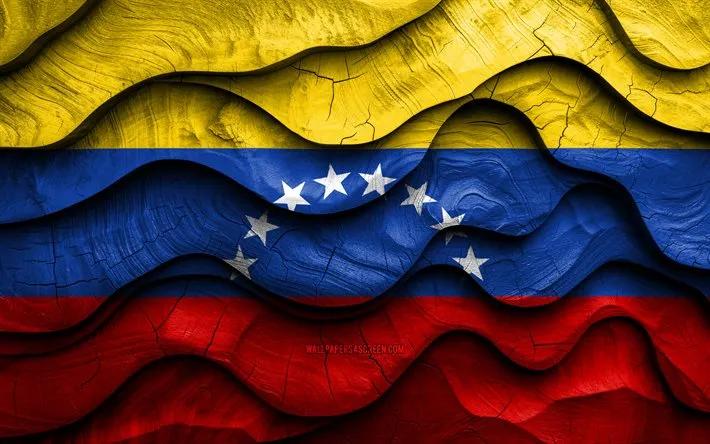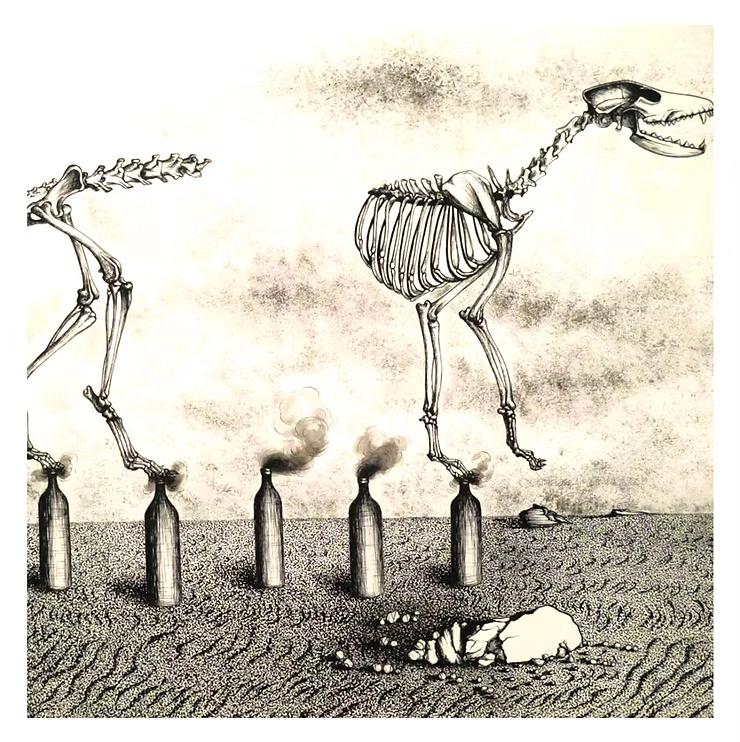The decline of the White House’s smart /soft power: when the liberal ideology of the web collapses
Talk by media activist Infofreeflow focus group at Counterpower In The Crisis, national meeting of Italian autonomous collectives, activists and social centres in Bologna last October 13-14th
We devised this presentation in an effort to share as widely as possibile a series of political and cultural indications stemming from from the last two years of global mobilizations.
The Tunisian revolution, the Egyptian one, the #15M, and also the NoTav movement did put at the centre of a world in crisis the hot issue of revolution, of its practices but also of its words. In this way these events did also reaffirm the centrality of successfully managing the communicative dimension in the present conflicts by particularly (but not solely) locating the web as a battleground where to carry out strikes in order to break down those political technologies, those narrations and those rethorical tools that legitimise austerity policies and that, using a metaphor, are the platforms, the launching pads, from which the neoliberal operations of aggression against the territories take off.
Social media, environments of electronic communication, and global platforms of communication exposed all their ambivalence, unleashing in this way a twist of the imaginary: not merely formidabile apparatus of capture of capture of social cooperation and value produced on the web – thanks to which working time expands itself until perfectly overlapping with leisure time – but spaces where a plurality of processes of subjectivation and organization of global movements multiplied as well. Obviously, no medium is by itself enough tout court in front of the complexity of a process of revolutionary organization but, at the same time, there is no organization without identity, and there is no identity without processes of communication, shared representations, and the accumulation of an historical memory of struggles.
In the very same moment in which we recognize Internet as a battleground, we immediately refuse that post-modernist vision that marked its beginnings: the accomplished liberal-positivist dream, in which a scientific doing, less and less conditioned by moral concerns, has taken the place of the great ideological narrations and of the theories of conflict. By contrast, the idea of the web as a great global agora, outcome of a technical knowledge able to generate harmony and balance between the elements of the social ecosystem, is today gradually leaving space to that of a contested ground, full of increasingly bitter conflicts, hints of latent tensions both inside the international political system and the digital capitalist whole itself.
In fact, let’s take a look at what happened around the first “internet blackout,” launched in January by Wikipedia against two laws – the Stop Online Piracy Act, and the Protect IP Act – proposed and backed by the lobbies of copyright at the US House of Representatives. The goal of these two bills would have been to introduce a stricter regulation on digital contents covered by intellectual property in comparison to the existing one. An hypothesis that found, of course, its sharpest opposition in big internet companies like Google, Facebook, and Amazon, which assumed a leading role in this issue. It actually became the broadest protest event ever in the history of the web: 200 million users were involved, and tens of thousands websites stood self-blocked in protest for 24 hours. The narratives in the mainstream network were nearly unanimous in depicting the event as a clash between freedom and censorship.
Actually, there were first of all two business models, two different kinds of digital capitalism, that confronted each other. On one side the copyright industry, committed to defend a position of parasitical and obsolete rent, outdated by the material changes that in an irreversible way have affected the information market during the past 20 years. On the other side, the big ICT companies that are not only leading actors in the biggest process of oligopolistic concentration in capitalist history, but whose services are now fully constituent elements of social communication. The true fact that emerges from this issue is the great ability of political mobilisation by the Silicon Valley, that has proved able to deeply influence global public opinion. Obama himself, also with an eye towards the November 2012 elections, showed up scared and threatened to use the predidential veto in case the two bills in question were to be approved.
On the other hand, Obama himself was perfectly aware of the power that these actors are able to exert.
In 2008, his presidential run featured the Bay Area ICT giants as main sponsors (both in terms of political strategy and funding): the imaginary of grassroots participation aroused by the web was, by then, one of the centerpiece rethorical devices in the obamian change narration. Not by chance, when the election was over, the web 2.0 multinational corporations began to occupy key posts of political power in Washington, especially at the table of Hillary Clinton’s State Department. In this way, they got involved and became active players in the strategy of revival of US hegemony in the world: one of the first points on the obamian agenda but also and mostly a political necessity of the establishment that, after the dark years of the new neocon unilateralism, was searching for new forms of exercising the capacity of US’ global leadership.
The big US multinational ICT corporations become in this way the leading expression of US’ soft power, both in terms of agency and structure. They are regarded as a formidable means of cultural penetration, in addition to the economic and financial penetration. They become the keystone of a series of public diplomacy strategies of Washington based on the creation of a positive image of and a favorable environment around the White House policies. The goal is that of repositioning the stars and stripes brand on the symbolic market of global public opinion, strenghtening its legitimacy, weave networks of positive interactions in which co-opting third parties to start, as asserted by Carlo Formenti, «a process of economic and cultural colonization and shaping new elites able to secure, at local level, the interests of a global capital that now has more complex needs than those of the multinational oil corporations».
This strategy, as Raffaele Sciortino reminds us, seems to lack a grand design (even barely comparable to the one implemented during the Cold War against the USSR) and over the last few weeks, it uncovered a series of contradictions and limits that could be difficult to resolve.
The reference is clearly addressed to the publication of the video “The Innocence of Muslims” on YouTube and to the assaults against the embassies. An issue that left deep marks in the democratic transition strategies in Northern Africa. The Salafist movements themselves – chocked by the Arab Spring, numerically small and lacking social entrenchment – experienced an unexpected revival and picked up the possibility to act politically and through the media from the battleground, in spite of moderate islamist-inspirated parties – the new allies of the US in the area.
And in this context, the choices made by Google were not helpful for the White House at all. On the one hand, Mountain View ignored the requests of removal of the video made by many Northern African, Middle Eastern and South East Asian countries, and even by the State Department itself. Still, on the other hand, in a completely unilateral way, Mountain View prevented access to the video in Libya and in Egypt, working around the local governments that never made any requests whatsoever in this regard.
By implementing a tireless defense of its decisional power inside its own information environment, Google wanted to reaffirm its leading role in the processes of global governance. Yet, by doing so, it caused a downright casus belli that in the following weeks opened up a political space where ongoing processes of balcanization and fragmentation of the web, that have actually been underway for quite some time, accelerated. Some players of relatively smaller weight (Pakistan, Sudan, Indonesia and Bangladesh) took advantage of this to temporarily block the entire YouTube network on their soil (and so did India too in the Kashmir region). Russia found a pretext in this issue to legitimize the enforcement of a new bill with the aim to secure a greater control over web communication and ICT corporations which operate in its infosphere. In Brazil, the chief Google manager for Latin America was even arrested after Mountain View refused to remove the video “The Innocence of Muslims” and two other videos that violated Brazilian Law on Electoral Campaign. Lastly, in Iran the issue was used as pretext for taking out the local digital webspace of Google and Gmail and to launch the project of a halal internet: a local intranet strongly subjected to the control of central authorities, provided with services similar to those of Google but developed in Farsi language and run by local enterprises.
This series of facts and events composes a patchwork that goes well beyond the video “The Innocence of Muslims”: it is a sign of a series of tensions that have been accumulating in the last few years and that are starting to emerge on an international level. This event, in fact, hints to an ever more harsh clash between two big models of web governance that are confronting each other.
The first, which prevailed up until now endorsed by the United States and their allies, is the so-called multi-stake holders regime, born out from the big deregulation process of the telecommunications market by the end of the eighties. It envisages some of the main levers and functions of regulation of internet being held by the big US private internet companies (and indirectly by Washington). A situation that the BRIC countries and a number of other non-western powers now deem unacceptable, and in which they are working to replace this regulatory apparatus with procedures of multi-governamental control under the UN umbrella.
What is at stake in this clash is the imposition of new technical standards of web regulation which, as Saskia Sassen has emphasized, even though they up until now have been issued by a group of private authorities, performed a normative and legislative global public function.
A renegotiation of them would mean the fading away of these requirements that until now favored the globalization of the economy as wished by the big US ICT corporations, of the hegemonic project of which they are keystones and also of that Pentagon-made full spectrum dominance theory that envisions the United States as main warrantors and controllers of the strategic global commons (”including the cyberspace, of course”).
In our view, the questioning of these standards is a symptom of a sharpened multipolarity in the global power relations and of the rise of various geographies of power. We are witnessing, for example, a polarization of web-produced economic value, westward towards the United States and eastwards towards China and India, with Europe becoming increasingly peripheral. Moreover, the commercial social networks penetrate at different levels various global markets (in China, Iran, Brazil, Russia, Eastern Europe, where platforms such as Facebook are not present, or cover insignificant market shares). We are witnessing different levels of linguistic penetration, of the digital divide, of data traffic concentration, of strategic communication infrastructures (as transoceanic cables), of deployment of fixed capital and of human capital.
Thus, geographies of power emerge, which involve material and immaterial web aspects, and which by stratifying themselves mark boundaries of exclusion and inclusion in the global networks causing a process of fragmentation of the web and the fading away of its features of universality and homogeneity.
We stand at the beginning of a new phase in which new compositions of power relations underlie the global scenery.
A proof of that was the umpteenth episode of the Julian Assange saga last summer, who remains barricaded in the Ecuadorian embassy in London. The controversy erupted in August between London and Quito in regard to the granting of political asylum to the Wikileaks’ founder has little in common with the diplomatic relations between the two countries and even less with the question of freedom of press or expression.
The core of the dispute lies instead in a series of regional and local balances. In 2008, Ecuador, represented by current president Rafael Correa, marked an important stage of the new course in the diplomatic relations between the Atlantic West and South America by cancelling the debt and defining it as odious. A decision that immediately brought about condemnations by the IMF and United States but that at the same time was met with a strong defense of the ecuadorean policies by the governments in the area: Venezuela, Bolivia, Brazil, Argentina. And Cristina Kirchner herself, only a few days before the outbreak of the Assange affair, paid off the debt of 12 billion euros, taken out from the country with the IMF whose economic austerity measures were rejected by Argentina after the 2003 bankruptcy. The recent accession of Chavez to MERCOSUR has to be added in as well: an official act that has accelerated the process of South America’s economic unification and points to a large-scale effort, namely a turn of the area towards an economic and political model no longer subdued by US and European colonialism. A political tendency that Ecuador and its allies wanted to reaffirm also by guaranteeing political asylum to Julian Assange: actually, not since the times of the Wall has a personality so unpleasant for the West enjoyed such an obstinate protection by a non-aligned country. The choice of London, one of the world’s finance centers, as the stage for the broadcasted performance was also significant, and even more significant was the choice of the protagonist of this play: the “nemesis of the free world,” the public enemy number one, the heir of Osama Bin Laden. Who still embodies typically western features, considered as if he were the champion of freedom of expression in the information age. Assange’s character is in fact invested with a hero-like symbolic power, appertaining to the lone saboteur that has blown up the inconsistencies in the ideologic narration woven together by Washington and London during the last 20 years. Because of this, he was the ideal media picklock able to crack that landscape of sizzling power relations which we have referred to.
Ti è piaciuto questo articolo? Infoaut è un network indipendente che si basa sul lavoro volontario e militante di molte persone. Puoi darci una mano diffondendo i nostri articoli, approfondimenti e reportage ad un pubblico il più vasto possibile e supportarci iscrivendoti al nostro canale telegram, o seguendo le nostre pagine social di facebook, instagram e youtube.




















